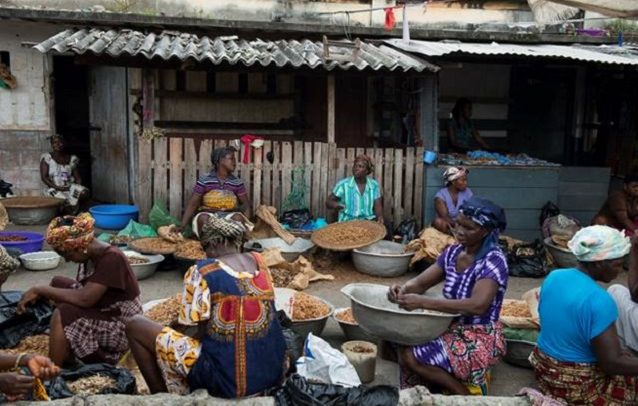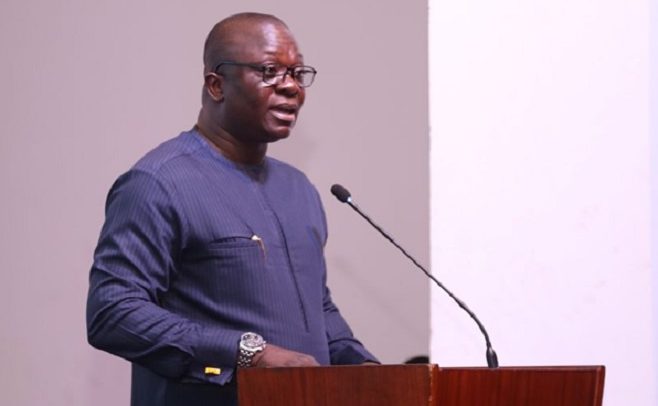
The World Food Programme estimates approximately 1 million people in Ghana will face food insecurity between June and August this year.
There has been a looming price increase of food items across the country and Sarfoa Boahene of 3news.com visited one of Ghana’s most popular marketplaces, Agbogbloshie, to gauge the cost of basic food items and its impact in the local market.
The market women there shared their experiences and observations regarding the escalating prices of vegetables. It was a general concern that the price surge was primarily due to the prevailing dry season, which affects the availability and quality of produce. As a result, the scarcity of vegetables has pushed their prices beyond the reach of many consumers.
“Right now, the price of pepper has increased. It doesn’t rain often but the rains currently are destroying the farms. Pepper has become scarce, and one sack is now GHC2,200”, one market woman explained.
Another trader bitterly expressed how buyers and customers already assume that the increase in price of vegetables is the fault of the traders.
“It doesn’t rain, so it is making the farmers harvest one or two boxes of vegetables instead of 10 boxes. The cost of transportation and all other cost incurred in the production and carriage are included in the price which results in the increase, so it is not the fault of the market traders,” she said.
The market women called upon the government to allocate more lands for agricultural activities as well as making the sector appealing to attract the youth to venture into it, which will somewhat reduce the unemployment issues of the nation.
By providing additional lands, the government can encourage farmers to cultivate more crops, ensuring a steady supply and stabilizing prices throughout the year. The market women believed that such initiatives would not only benefit the agricultural sector but also contribute to overall economic growth and food security.
In addition, some customers also highlighted the importance of implementing measures to preserve foodstuffs during periods of abundance. They expressed their concerns about the wastage and subsequent scarcity of certain vegetables when they are out of season.
By investing in proper storage facilities and techniques, the government can ensure that surplus produce is preserved for future use. This would help maintain a consistent supply of vegetables and prevent exorbitant prices during off-seasons.
“For the tomatoes it is seasonal, so sometimes you come in and it is very cheap, but to buy this for GHC50 now is very expensive. So, the only thing we can do, or the government can do as a nation is to preserve it when they are in abundance”, Seth said.
The market women emphasized that their demands were not mere requests, but urgent calls for government accountability and support. They stressed that the government plays a pivotal role in addressing the challenges faced by the agricultural sector and ensuring food security for the nation and therefore calls on the government to intervene.
By Sarfoa Boahene
The post Over 1m Ghanaians face rising food insecurity – World Food Programme first appeared on 3News.
Read Full Story
















Facebook
Twitter
Pinterest
Instagram
Google+
YouTube
LinkedIn
RSS